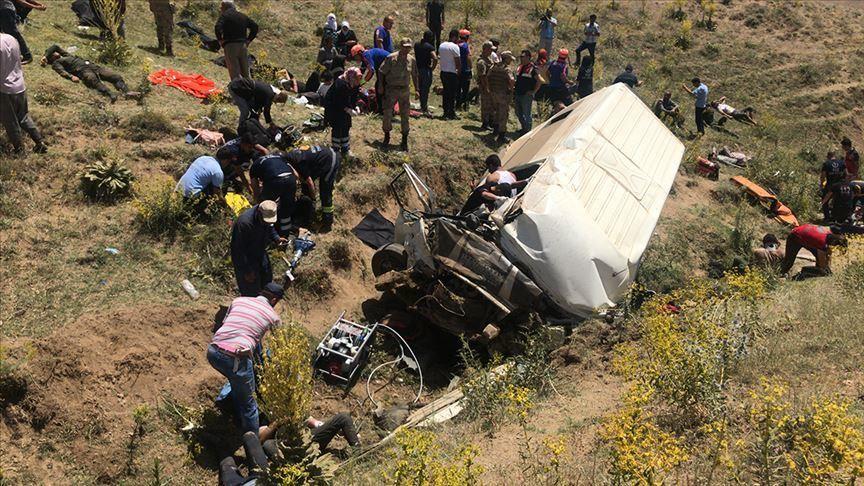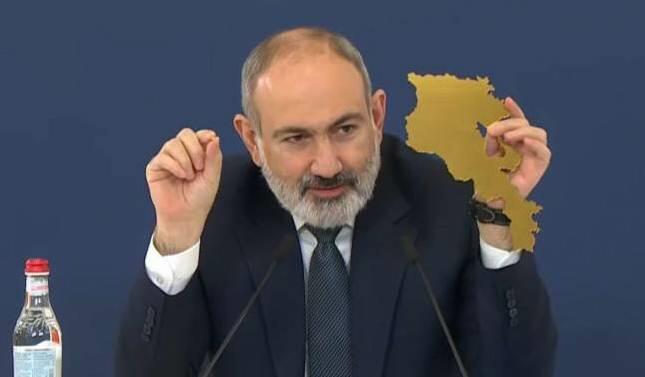Armenian Prime Minister Nikol Pashinyan’s post about the Seljuk Empire’s campaign in Anatolia has drawn attention.
Axar.az reports that Pashinyan stated that the capture of Ani, a city currently located near the Turkiye-Armenia border, from the Byzantine Empire was influenced by an Armenian.
He shared the records of Attaliates, an 11th-century Greek historian who lived during the Byzantine Empire, regarding Ani:
“Attaliates writes that Ani’s separation from the empire was a result of deception. At the time, the regional governor received payments from the empire to manage the area. Then, an Armenian named Bagrat met Byzantine Emperor Constantine Monomachos and suggested he could govern the area without receiving any payment. The emperor welcomed this offer, granted him the status of governor, and appointed him to the position. However, Bagrat’s governance was extremely unsuccessful. He failed to provide food for the local population and made poor decisions in political and military matters. Under the pretense of benefiting the empire, he disbanded the entire military garrison, leaving no one to defend the region. Consequently, the Seljuks captured Ani during their attack in 1064.”
It should be noted that the great Seljuk emperor Alp Arslan seized the Ani province, located in Anatolia, in 1064 after a 25-day siege.












































